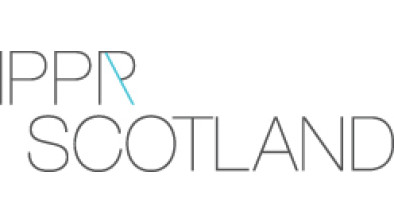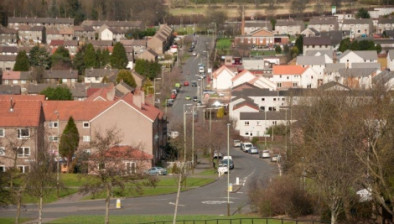10,000 children left in poverty by ineffectual council tax freeze, says IPPR Scotland

New analysis from IPPR Scotland has revealed that for the same price as a council tax freeze - which will do little to help the poorest households - the Scottish Government could have boosted the Scottish Child Payment (SCP) and lifted more children out of poverty.
Despite the First Minister hinting at his desire to increase the SCP by £5 a week in his first budget, its real terms value has been left unchanged. Instead, £140 million was prioritised for a council tax freeze which IPPR Scotland’s previous analysis suggests will make little difference to the poorest households in Scotland.
IPPR Scotland’s analysis of yesterday’s budget shows that if the government had instead directed that £140 million at the Scottish Child Payment, its value could have been increased to £34.50 a week – rather than the planned £26.70 – which would have lifted 10,000 more children out of poverty and cut the relative child poverty rate by an extra percentage point.
The analysis also shows that freezing council tax spreads the £140 million thinly, and disproportionately benefits wealthier households. About two thirds of the saving is seen by the top half of the income spectrum, while the freeze only saves the poorest households an average of 50p a week. This is because the freeze makes no difference to the 450,000 low-income households who receive Council Tax Reduction.
Increasing the Scottish Child Payment is instead a far more targeted way to get money to struggling families – with around ninety per cent of spend going to the bottom half of households – and would go further in helping to meet the Scottish Government’s statutory child poverty targets.
The failure to boost the Scottish Child Payment is compounded by other choices in the budget which previous IPPR Scotland research has shown can have a significant impact on poverty:
- Investment in social housebuilding has been cut by almost £200 million at a time when hundreds of thousands of people are stuck on a social housing wait list. Social housing has played a critical role in tackling poverty, with 40,000-60,000 people kept above the poverty line by the lower cost of social rents over the last decade.
- Previously committed funding to accelerate the roll out of free childcare to one- and two-year-olds didn’t materialise. IPPR Scotland has estimated that the previous offer of
- 500 hours a year of free childcare kept around 10,000 people above the poverty line, a number that would increase further through expanded access and entitlement.
- Cosla argue the £140 million offered to councils is about half the actual cost of freezing council tax, putting further pressure on the budgets of services relied on most by those with the lowest incomes.
Dave Hawkey, senior research fellow at IPPR Scotland, said: “All indications are that Scotland’s interim child poverty target – set in legislation by the Scottish Government – will be missed next year, setting us off course from the final target and keeping children trapped in poverty. However, rather than making progress towards Scotland’s child poverty ambitions, this budget risks stalling it.
“On top of the missed opportunity to target £140 million of spending at households who need it most, we see vital budget lines cut and commitments broken.
“Future budgets are likely to present a growing list of hard choices. Further spending cuts at UK level will put further pressure on the Scottish budget, as will the needs of an ageing society and the transition to net zero. Instead of imperceptible changes like saving around £1 per week on people’s council tax bills, we need an open and honest debate about how we tackle the challenges our society faces.”






